St. George’s Day (Gergyovden), celebrated on May 6, is one of Bulgaria’s most cherished holidays. It beautifully weaves together Christian […]
Day of the Bulgarian National Leaders:
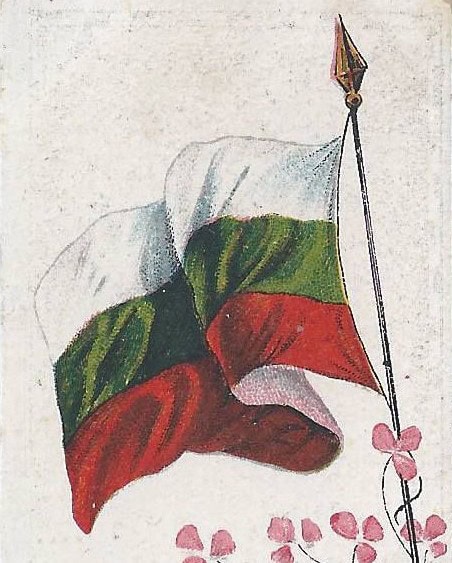
History, Significance, Honored Leaders, and Traditions
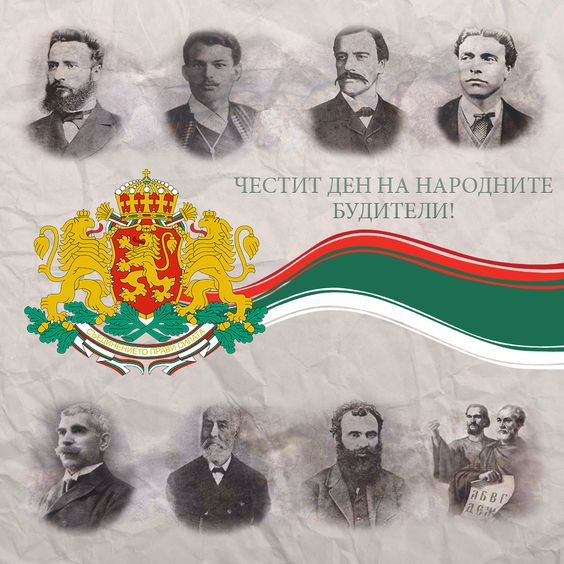
The Day of the Bulgarian National Leaders is one of the most important Bulgarian holidays, dedicated to the historical figures who devoted their lives to preserving Bulgarian culture, education, and national consciousness. Celebrated on November 1st, this holiday symbolizes respect for the educators and revolutionaries whose efforts contributed to the revival of the Bulgarian spirit and national identity.
History of the Day of the National Leaders
The holiday was officially established in 1922 at the initiative of Stoian Omartchevski, then Minister of Education. His proposal set November 1st as a day to honor the national leaders who contributed to reviving the Bulgarian nation after five centuries of Ottoman rule. During the socialist period, the holiday was canceled, but it was later reinstated in 1992 as an official holiday in Bulgaria.
Significance of the Holiday
The Day of the National Leaders aims to remind Bulgarians of the importance of cultural and national heritage. The holiday reconnects us with our roots and honors the sacrifice and work of those who have dedicated themselves to awakening the national spirit. The National Leaders embody the power of education, culture, and the ideal of freedom, forming the foundation of modern Bulgarian society.
Which Leaders We Honor on November 1st
- Paisii Hilendarski – Monk and author of "Istoriya Slavyanobolgarskaya," which inspired Bulgarians to awaken their national pride and identity.
- Sofronii Vrachanski – One of the first Bulgarian educators, he continued Paisii’s work by spreading knowledge and enlightenment.
- Vasil Levski – The revolutionary and Apostle of Freedom, who built a network of committees to prepare Bulgarians for independence.
- Hristo Botev – Poet and revolutionary, whose poems and actions inspire Bulgarians in their fight for freedom and pride.
- Ivan Vazov – Known as the “Patriarch of Bulgarian Literature,” Vazov’s work strengthens the Bulgarian national identity.
- Neofit Rilski – The first Bulgarian teacher and author of the first Bulgarian grammar, laying the foundations of Bulgarian education.
- Petar Beron – Author of the "Fish Primer," the textbook that initiated educational development in Bulgaria.
- Georgi Rakovski – Writer and revolutionary, dedicated to the cultural unification and liberation of Bulgaria.
- Dobri Chintulov – Poet and teacher, author of patriotic verses that inspire national pride.
- Lyuben Karavelov – Writer and revolutionary striving to unite and enlighten Bulgarians in the struggle for freedom.
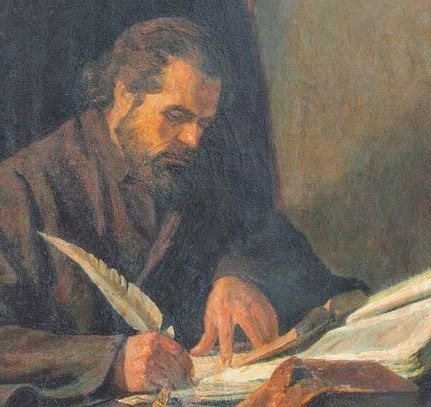
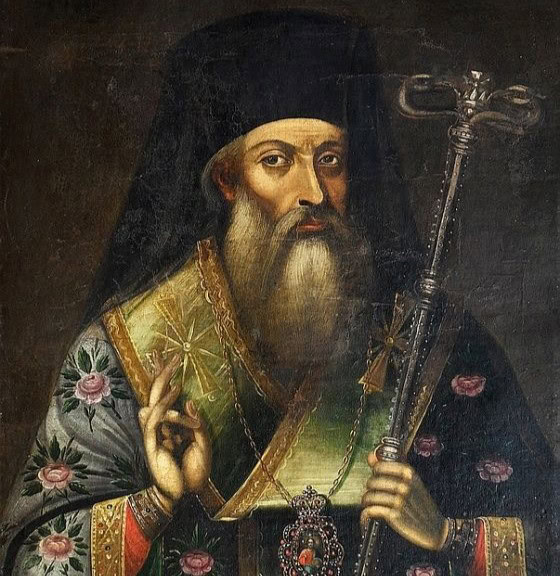
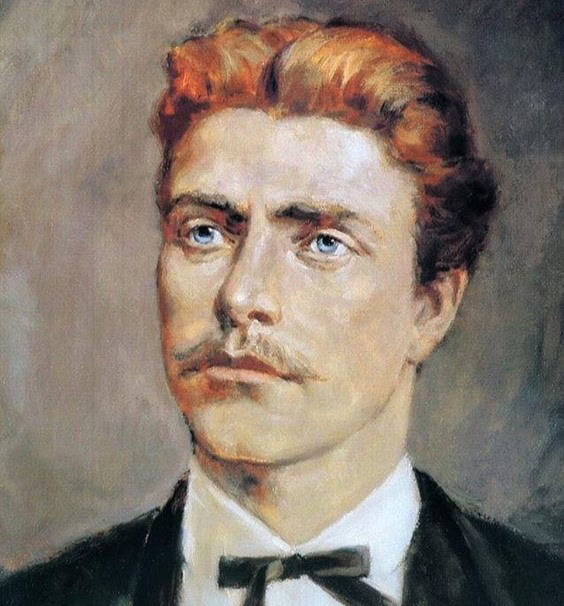
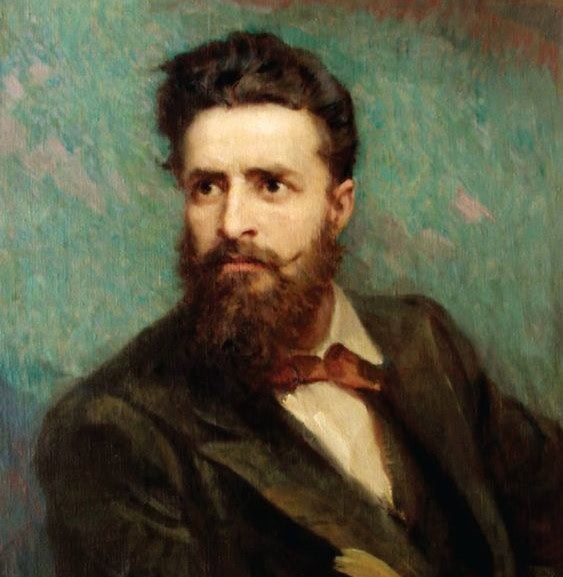
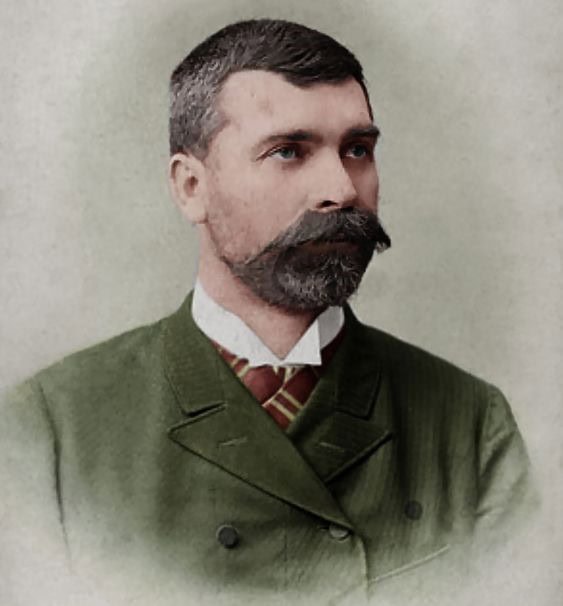
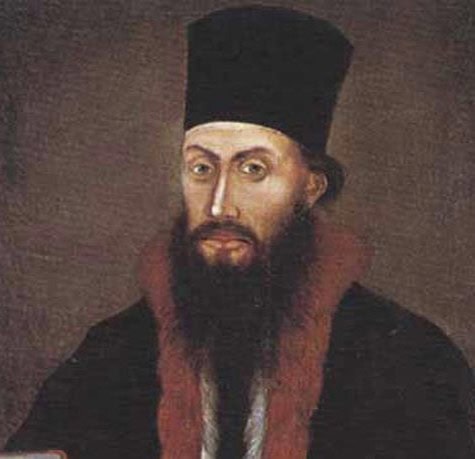
How the Day of the National Leaders Is Celebrated: Traditions and Symbols
- Educational programs and classes – Schools and universities organize lectures and programs dedicated to the work of the national leaders.
- Cultural events – Cities and villages organize concerts, exhibitions, and themed events in memory of the leaders.
- Placing flowers – Many people lay flowers at monuments to honor the leaders' contributions.
- Reading books and poetry – Works by Hristo Botev, Ivan Vazov, and other leaders are read and recited, symbolizing the importance of the written word.
Interesting Facts
- Unique holiday – The Day of the National Leaders is unique to Bulgaria and one of the few holidays in the world dedicated to honoring intellectuals and educators.
- Celebration abroad – Bulgarian communities around the world also celebrate the day, organizing events to spread Bulgarian culture and traditions.
- Funded by the people – Many of the leaders’ monuments were built through public donations, reflecting the respect and love Bulgarians hold for their heroes.
- Day of inspiration – The leaders inspire Bulgarians to preserve their culture and traditions and serve as an example for future generations.
